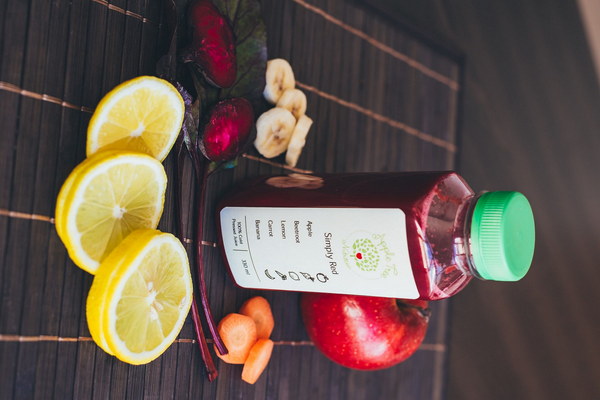The Absence of Licorice in Kidney-Invigorating Prescriptions Understanding the Reason
In traditional Chinese medicine, kidney-invigorating prescriptions are commonly used to treat various kidney-related disorders, such as weakness, fatigue, and impotence. These prescriptions are designed to nourish and strengthen the kidneys, promoting overall health and well-being. However, many people are curious about the absence of licorice in these prescriptions. This article aims to explore the reasons behind this exclusion and shed light on the importance of licorice in other contexts.
Licorice, known as Gancao in Chinese, is a well-known herb in traditional Chinese medicine. It has been used for thousands of years to treat various ailments, including coughs, colds, and stomachaches. However, in kidney-invigorating prescriptions, licorice is often omitted. There are several reasons for this exclusion, which are discussed below.
1. Licorice's cooling properties
One of the primary functions of licorice is to cool the body and relieve heat. While this is beneficial in certain conditions, such as fevers and heat stroke, it may not be suitable for kidney-invigorating prescriptions. Kidney disorders are often associated with deficiencies in kidney yang or yin, which require warming and nourishing treatments. Licorice's cooling properties may counteract the intended effects of the kidney-invigorating formula.
2. Avoiding excessive accumulation of dampness
Dampness is a common pathogenic factor in kidney disorders. It can lead to symptoms such as edema, fatigue, and a heavy sensation in the limbs. Licorice has a dampening effect on the body and may exacerbate dampness in individuals with kidney disorders. Therefore, omitting licorice from kidney-invigorating prescriptions helps to avoid excessive accumulation of dampness and promotes the desired therapeutic effects.
3. Potential for overuse
Licorice is known to be a potent herb and can cause side effects when used excessively. Overuse of licorice may lead to high blood pressure, heart palpitations, and other adverse reactions. To ensure the safety and efficacy of kidney-invigorating prescriptions, it is crucial to avoid overuse of licorice and other potent herbs.
4. Interaction with other herbs

Licorice has the ability to enhance the effectiveness of other herbs in a formula. However, in kidney-invigorating prescriptions, certain herbs may be used to address specific kidney disorders, such as tonifying kidney yin or kidney yang. In these cases, the addition of licorice may not be necessary or could even interfere with the desired therapeutic effects.
In conclusion, the absence of licorice in kidney-invigorating prescriptions is due to its cooling properties, dampening effect, potential for overuse, and interaction with other herbs. While licorice is a valuable herb in traditional Chinese medicine, its exclusion from kidney-invigorating formulas is a strategic decision aimed at achieving the desired therapeutic outcomes without compromising patient safety.
It is important to note that the use of herbal medicine should always be supervised by a qualified healthcare professional. They can assess the individual's condition and provide a tailored treatment plan that includes the appropriate herbs and dosages. By understanding the rationale behind the exclusion of licorice from kidney-invigorating prescriptions, patients can gain a deeper insight into traditional Chinese medicine and its principles.









